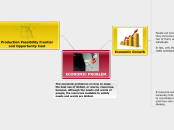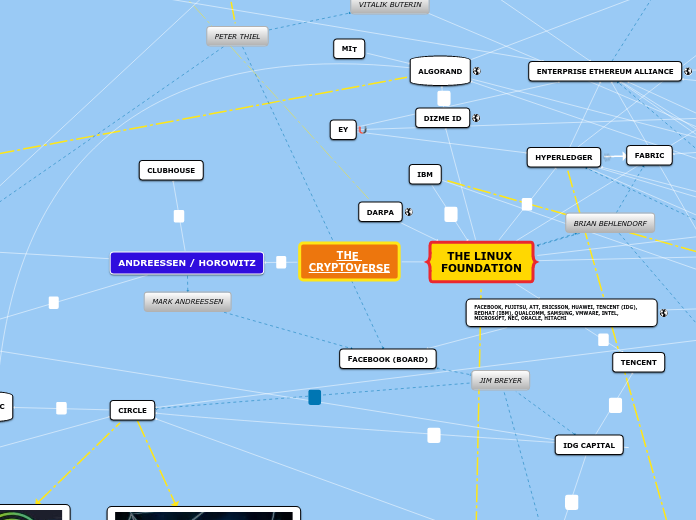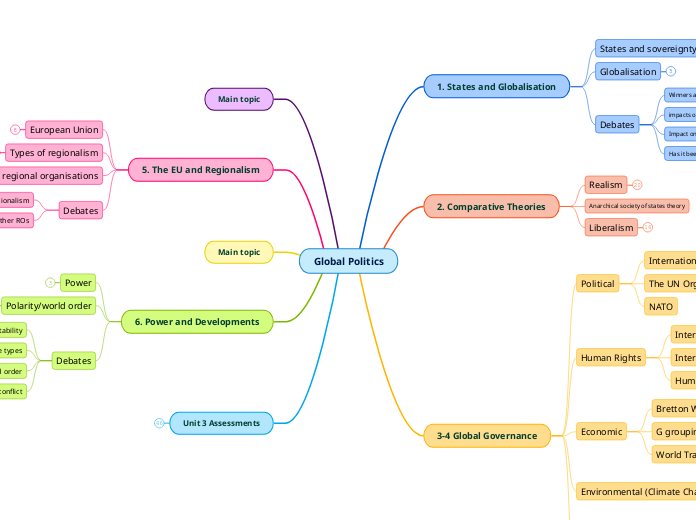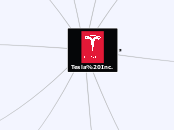The economic problem is on how to make the best use of limited, or scarce, resources, because, although the needs and wants of people, the resources available to satisfy needs and wants are limited.
ECONOMIC PROBLEM
Economic Growth
If everyone specializes by themselves, it is necessary that these individual choices are going to coordinate between itself. In this way, we used two sets of coordination: Planning and Free Markets.
Decentralised Coordination
This is more functional, and it is made from the creation of four additional social institutions:
1- Company.
2- Markets.
3- Property Rights.
4- Money.
Planning
This is not functional, because planners don't know production possibilities and preferences of people, so, the production ends being located within the FPP.
Also, often what they produce to be inadequate.
People can produce all the goods and services they consume by themselves, or produce, one or two of them, and sell the rest to other individuals.
In fact, only limiting or producing some goods is called specialization.
Absolute Advantage
When a person is more productive than another, it is said to have an absolute advantage.
The absolute advantage is about the comparison of productivity levels, like output per hour.
Comparative Advantage
A person has a comparative advantage when it is able to perform a certain activity at a lower opportunity cost than anyone else.
The comparative advantage involves on comparing the opportunity cost.
Expansion of the possibility of production.
As the growth of production is great, the opportunity cost of economic growth is greater.
The amount of expansion depends on our ability to devote some resources for technological change and capital accumulation.
Capital Accumulation
Increased capital resources, including human capital.
Technological Change
Development of new goods and better ways of producing goods and services.
Production Possibility Frontier and Opportunity Cost
The goods and services must be produced to give fulfillment to efficient production in the quantities that provide the greatest possible benefit.
When the goods and services are produced at the lowest cost, it is achieved allocative efficiency.
Product Placement Efficiency
At a point on the PPF it can not be possible to produce more than one good without giving up another that it provides more benefit.
Thus, Product Placement Efficiency is the point of interception between the marginal benefit and marginal cost, in other words, when these are equal.
Marginal Benefit
This is the benefit have obtained from consuming one more unit of the same product.
Marginal Cost
This is the opportunity cost of producing an additional unit of the same product.
Production Possibility Frontier establishes the problematic that exists in the exchange of goods and services, as it will be limited by available resources and technology.
Opportunity Cost Any selection what will be made along the PPF involves an exchange. All exchanges involve an opportunity cost.
Opportunity cost is an alternative that must be forgone of an good for another.
Besides, it is a proportion, for it is the reduction in quantity of a good divided by the increase in the quantity produced of another, as it moves along the PPF.
Production Possibility Frontier
We can achieve production efficiency if we produce goods and services at lower cost. Production within PPF is inefficient when the resources are unused, or misallocated, or both ways.
The reachable area shows what it can be produced, and unreachable area shows the scarcity and unmet production.
Production Possibility Frontier is the boundary between the goods and services what they may occur and not, between two areas reachable and unreachable.









